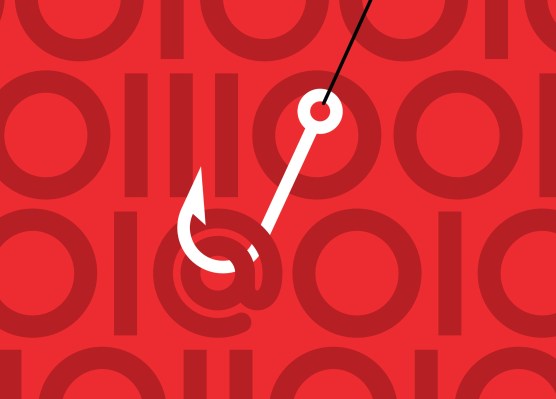Qakbot hackers are still spamming victims despite FBI takedown

The hackers behind Qakbot, a notorious malware operation that was recently “dismantled” by the FBI, are still active and continue to target new victims, researchers say.
The FBI announced in August that it had successfully “disrupted and dismantled” the infrastructure of the long-running Qakbot malware, which had infected more than 700,000 machines worldwide to cause hundreds of millions of dollars of damage. The FBI said at the time that the takedown, dubbed “Operation Duck Hunt,” included the seizure of 52 servers, which the agency said would “permanently dismantle” the botnet.
Despite these efforts, the hackers behind the Qakbot malware continue to spam new victims, according to new research from Cisco Talos.
The researchers say they have observed hackers carrying out a campaign since early August, during which they have been distributing Ransom Knight ransomware, a recent rebrand of the Cyclops ransomware-as-a-service operation, and the Remcos remote access trojan, which provides attackers with full access to a victim’s machine by sending phishing emails. The attackers have also begun to distribute the RedLine information stealer malware and the Darkgate backdoor, Talos researcher Guilherme Venere tells TechCrunch.
Talos says it assesses with “moderate confidence” that Qakbot-affiliated hackers are behind this campaign, noting that the filenames used, along with themes of urgent financial matters, are consistent with previous Qakbot campaigns.
Talos notes that the malicious file names being used are written in Italian, which suggests the hackers are mostly targeting users in that region, adding that the campaign has also targeted English and German-speaking individuals. Venere tells TechCrunch that identifying the true scope of the campaign is difficult, but said that the Qakbot distribution network is highly effective and has the ability to push large-scale campaigns.
Previous Qakbot victims have included a power engineering firm based in Illinois; financial services organizations based in Alabama, Kansas and Maryland; a defense manufacturer based in Maryland; and a food distribution company in Southern California, according to the FBI.
This campaign, which started prior to the FBI’s takedown, is ongoing, according to the researchers. This indicates that Operation Duck Hunt may not have impacted Qakbot operators’ spam delivery infrastructure, but rather only their command and control (C2) servers, according to Talos.
“Qakbot will likely continue to pose a significant threat moving forward, as the developers were not arrested and Talos assesses they are still operational,” Venere said. Talos noted that the attackers may choose to rebuild the Qakbot infrastructure, enabling them to fully resume pre-takedown activity.
An unnamed FBI spokesperson declined to comment.



